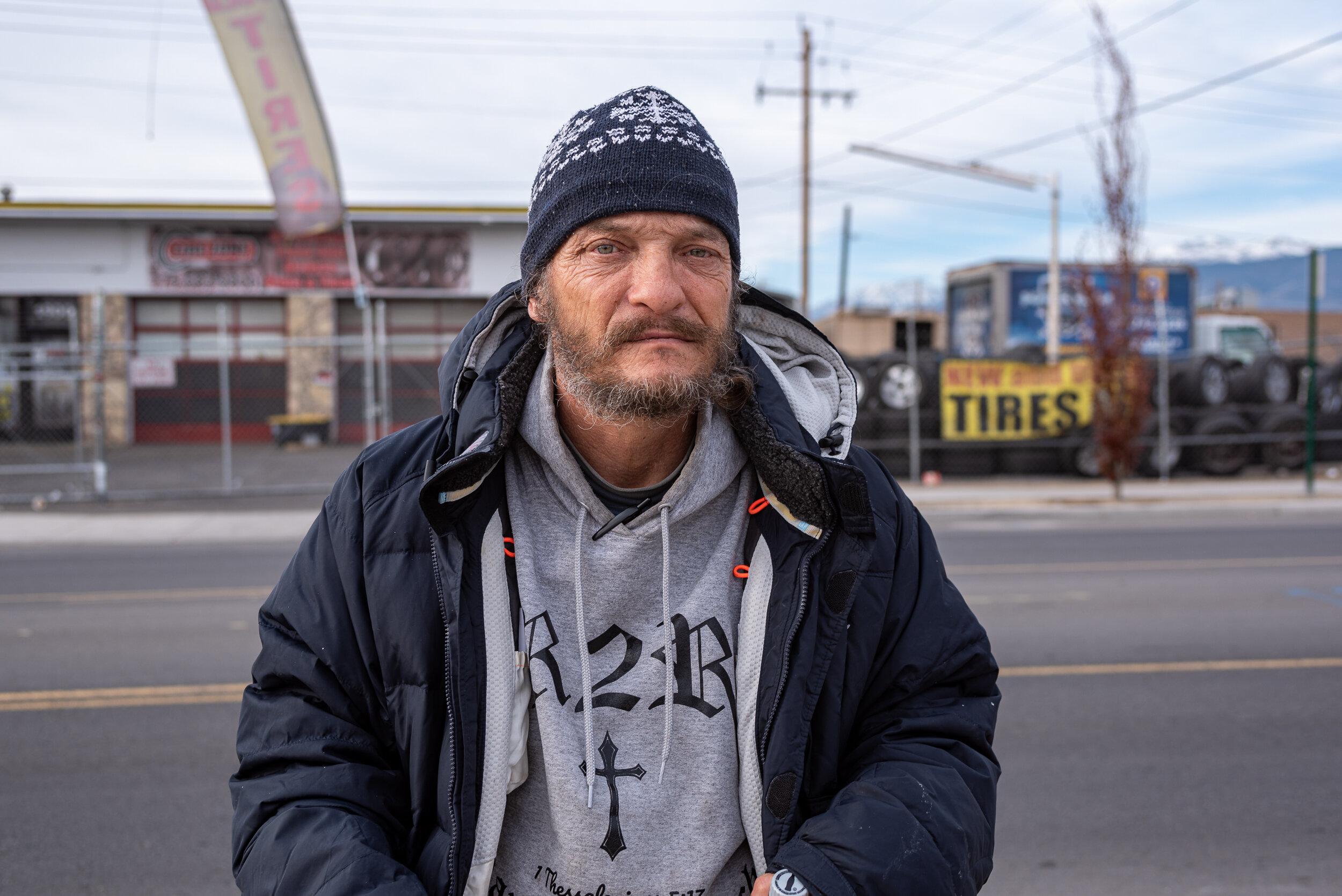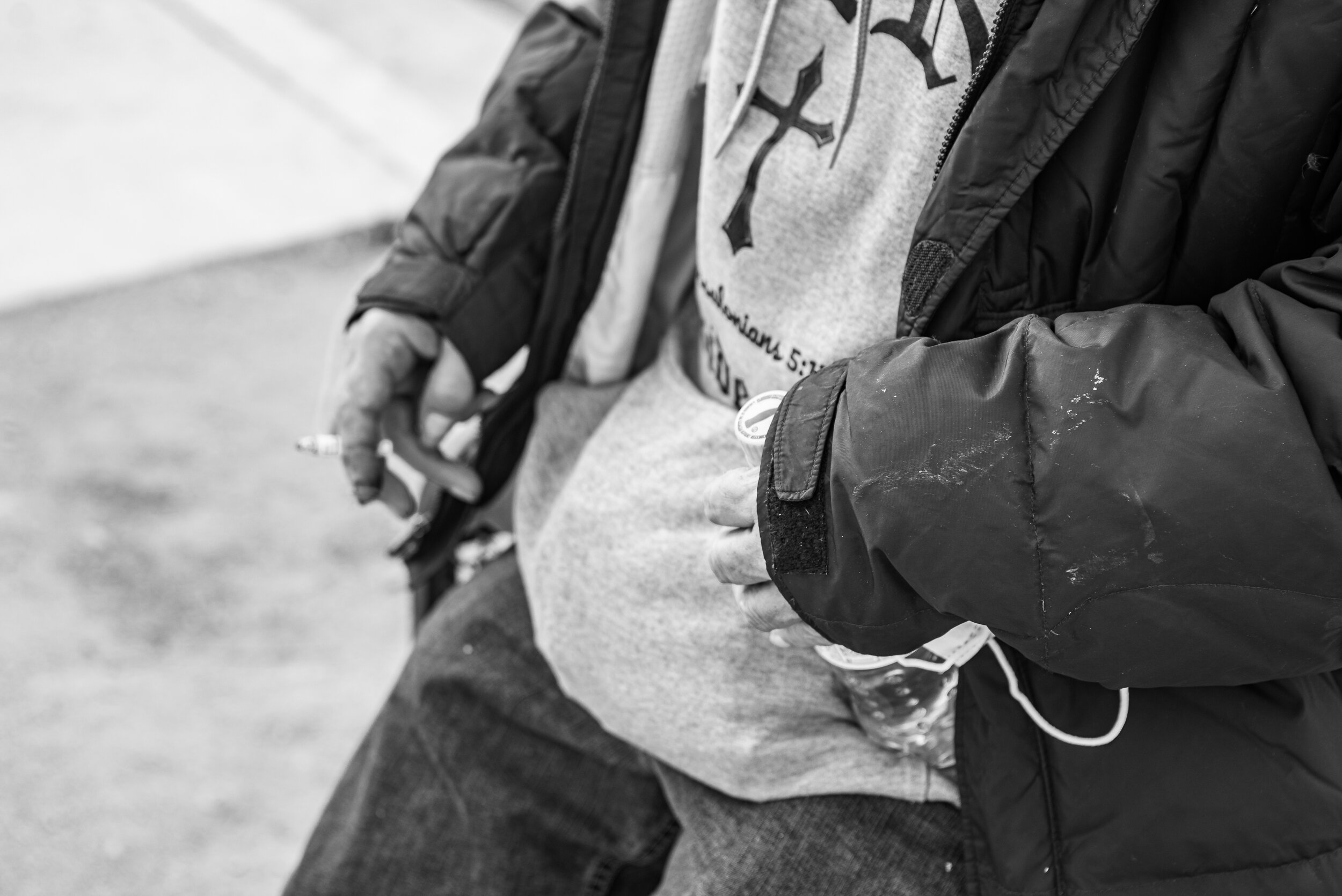Meant as a Step Toward Housing amid Frustration of Waiting Lists
It’s a stifling day in late June and small clusters of Washoe County paid for nine by seven tents with elevated cots are bunched up or lined up in a row above the former Governor’s Bowl baseball field, caught between chain link fences. Dirt in that wide location, right by the highway, is being churned and flattened, for a future more permanent “long term” legal camp site, where 50 total tents are said to be planned.
At the current location, a few misters have recently been added to the dining area. There’s a few possessions outside, with just one tent visibly open. “They’re all out working, most of them,” Grant Denton, the executive director of the Karma Box Project operating the safe camp said, as he arrived midway through a visit with Catrina Peters, a Washoe County official who calls herself a collaborative problem solver on her LinkedIn and Austin Solheim, now the Washoe County Homeless Services Program Specialist. When asked about the spacing of the bunched up tents, the words “available footprint” keep getting repeated.
The team is reporting one “successful move out,” as in one person who already went from a tent at the safe camp to “a stable housing situation.” No further specifics are given, making it impossible to verify. When asked about people at the nearby Nevada Cares compound already on multiple waiting lists, not being able to afford their own rent on their income, and frustrated at how this might all turn into a police enforced warehousing situation, amid ongoing sweeps of informal encampments, Peters also brings up the complaint of too little affordable housing . “So we'll definitely have to be patient with people, but again, engaging in case management and having a housing plan we see as really the first key step to getting folks off to a permanent stable living situation,” she said. “I can tell you for the safe camp specifically, our first eligibility criteria is, are you willing to resolve your homelessness as soon as you're able to do so. Housing is our absolute top number one priority. That is the sole laser goal here of the safe camp,” Peters said, but not offering specifics as to where that housing might be found.
Instead, the tour of the safe camp continues, under the hot, broiling midday sun. There’s 24-7 staff and security, a bathroom, which is a remnant of the old baseball field, a bike rack, a cell phone charging station and a trash can but no showers. cooking space or washing machines in this area. There’s nowhere to sit besides the picnic tables. Showers can be used at the Cares campus but that’s a long walk away. It’s approaching 100F but there’s no water coolers, either, no ice machine and no shade besides the common tent area with picnic tables for meals and conversations.
Old baseball field bathrooms are now being used at the safe camp, with an added charging station above water outlets.
A Trickle to Welcome New People and to Adapt to the Heatwave
Only 14 people are reported to be staying here so far, even though it’s been open for several weeks now.
Asked about complaints that people are being accepted at a trickle, Peters said, “we want to bring folks in, in a way that really makes folks feel welcome, but also that they understand kind of what we're trying to help them with.” There’s also one cat sleeping in a tent, but no dogs yet. “We’re really taking that as a learning opportunity to be able to further expand that once we've got all those processes and procedures down,” Peters said of the cat and the possibility of more pets being accepted.
When asked about volunteers bringing an ice machine Peters says they should reach out to Solheim, the new homeless services program specialist for Washoe County, formerly with the Eddy House “We are a county facility and we've got, you know, insurance and a lot of kind of logistical requirements that we'd have to be cognizant of, really depend on kind of circumstances,” Peters also said.
“We are definitely learning as we go. You know, safe camps are something that we don't have a lot of experience in as a community,” Peters said when asked if the project had been rushed and if insufficient provisions had been taken to prepare for the heat wave. “You know, when we started this planning, this project in March, the heat of summer wasn't kind of top of mind. So, you know, we're flexible and dynamic, we're responding to needs, but also, it was a tight timeline and we really did the best we could with what we had.”
The overall money spent on the safe camp so far is unclear. The initial $34,000 or so per month contract with Karma Box Project to operate the safe camp was initially made for three months, starting in June, according to Washoe County documents. Peters said after the three months Washoe County will be “working on a competitive procurement,” but the contract indicates operations with Karma Box could also be extended at current rates. When asked how Karma Box was selected, Peters said “it was an emergency contract,” pointing us to the official Washoe County documentation, but not wanting to address the question as part of the interview beyond saying the “documentation” would be provided if requested.
A screenshot of part of the “documentation” which was sent to us after the interview, but which participants did not want to discuss during the visit.
Complaints about Food Not Known, Dogs Not Welcome Yet
“The only commentary I've heard about the food has been extremely positive,” Peters responded when asked about the alleged poor quality of food being served, seen in multiple photographs, including “mystery meat” for dinner. “So if there were complaints, we would happily take those again. We've got the complaint box to kind of get at that. We've also been able to engage a lot with participants, especially some of the first ones that moved in. Hey, how's it going? Are you comfortable? Is there anything else we can get you? And I've heard nothing but positive things about the food. So if someone did have a concern, we would love to hear that so we can remedy it.”
Solheim, the Washoe County Homeless Services Program Specialist, said a suggestion in the complaint box had led to the misters being installed.
“We are moving in four per day, at this time,” Solheim said of operations gathering pace. “And we're going to continue to do that until we fill this safe camp. Our goal is not to have a full safe camp because we want to be engaging in those conversations about what it will take to get [people] to get into something more stable.”
Solheim, who used to do outreach for the Eddy House, now engages with people staying at the safe camp. “We meet them where they're at, right? For some individuals, it might take them a little longer to get out of their tent than others,” he said. “We're not here to force anybody into working with us, but we're here to encourage them. Biggest thing is that every single person in this safe camp we are going to know their name, and we're going to know what's going on with them. We're going to be working with them on those housing focus conversations. And for some individuals, it might be as simple as, ‘Hey, did you make that appointment? Would you like me to help you out with that today?’”
Many unhoused people we’ve interviewed were initially interested in the safe camp, but without dogs being accepted, the desire to try it out has vanished for many. “We're looking at some policies and procedures right now,” Solheim said, when that question was repeated. “We have to, you know, dot all our I's and cross all our T's make sure that we have everything that is creating a safe environment for all our participants.”
Plans have been set in motion to put up a mural on the side of the restroom. A question and beginning of an answer about possibly paying people living in tents to paint the mural themselves rather than paying an artist was interrupted when Grant Denton arrived.
“I haven't read about that or seen that, but there are other places that have micro businesses where they get wood in and they chopped the wood and they create firewood,” he immediately said. “So how do you get folks to take ownership of a spot and feel like there's a sense of belonging at the same time being a temporary condition, because you don't want folks that live here forever. You want them to move to the next phase. So how do we create a solid, strong community while moving folks to the next phase? And you can do it. There's just a fine line.”
“I say, keep, keep trying,” Denton said for those frustrated with waiting lists including to get into the safe camp. “We do have a process for how many tents will be filled a day, you know, and what that looks like. And, you know, some people don't come some days and then the next day there's four. And then next day there's none. And then if somebody doesn't show up one day, do you fill their tent the very next day? Well, that wouldn't be cool. You know?”
Defending a Go Slow, Pilot Approach
“You can see a perfect circle,” Denton said. “And then when you try to draw it in the sand, it's not going to be perfect. So if we were to just have all these things here at once and realized that the ice machine has always fallen out and the coolers don't work and what it takes to manage and maintain these things…. And it is a pilot program too. So we have to see what works and what doesn't work. So like doing everything perfect all at once, sometimes it doesn't work like that. And if you look at the tents being bunched together, so this gives us an opportunity to kind of iron things out, as we grow with the least amount of damage.”
Advocates also complained he slept in a tent himself for a while, taking up space, but Denton said accepting just a few new people at a time is deliberate. Seven staff for Karma Box Project also work here.
“Our main gig is to develop relationships with these folks outside of just case management,” he said. “I know it seems like it's a weird job description to give somebody, but it's important. And so that's what our guys will do. A win could be someone that doesn't tell you, good morning for 52 days. And on the 53rd day, he says good morning, like that's a win, you know, a win is getting someone to help, help you clean an area up. And so identifying the soft wins versus the hard wins would be getting housing, right? A hard win would be getting a job, but it's identifying the soft wins as well. Does that make sense? “
Peters jumped in to indicate people working at the safe camp had three days of training. “We did training on deescalation conflict resolution, reviewed the policies and procedures of the safe camp so that everybody knew kind of what those looked like,” she said. Peters said new people at the safe camp also get to see a case manager within 48 hours.
Work is ongoing at the more permanent safe camp site, which seems weeks away from completion.
Told to Wrap Up Interviews after 35 Minutes
Denton also responded to complaints of people at the Cares Campus not being able to find housing, but also seemed to not fully embrace the housing first model pushed for by some advocates who have been protesting at City plaza, during public comments at local government meetings and on social media.
“I know that sometimes it's never going to be fast enough,” Denton said. “Like if you could go through right now and scoop everybody up and get folks into housing, that would be awesome. But then you'd also have to address their mental health issues. You'd also have to address other things. I can take you and I can put you in an apartment, but if we don't learn how to sustain that apartment, then we'll have issues.”
Denton said the Karma Box Project would apply to renew its operator contract whenever it gets to the official request for proposal phase. When the contract was initially awarded in May, Eric Brown, the Washoe County Manager, said there would be “eight metrics for success,” and the pilot phase would “verify that the safe camp concept is or is not a viable alternative to a shelter.” “Can we achieve the same outcomes?” he also asked. Those metrics and what Brown meant by shelter outcomes were not visibly apparent. One document shared with us had a list of monthly performance measures, including safe camp participant chore and responsibility updates. Thirty five minutes into the interview, Peters said the interview needed to wrap up, seemingly irritated by some of the questions. Follow ups on how exactly people are selected to get into the safe camp will have to wait.
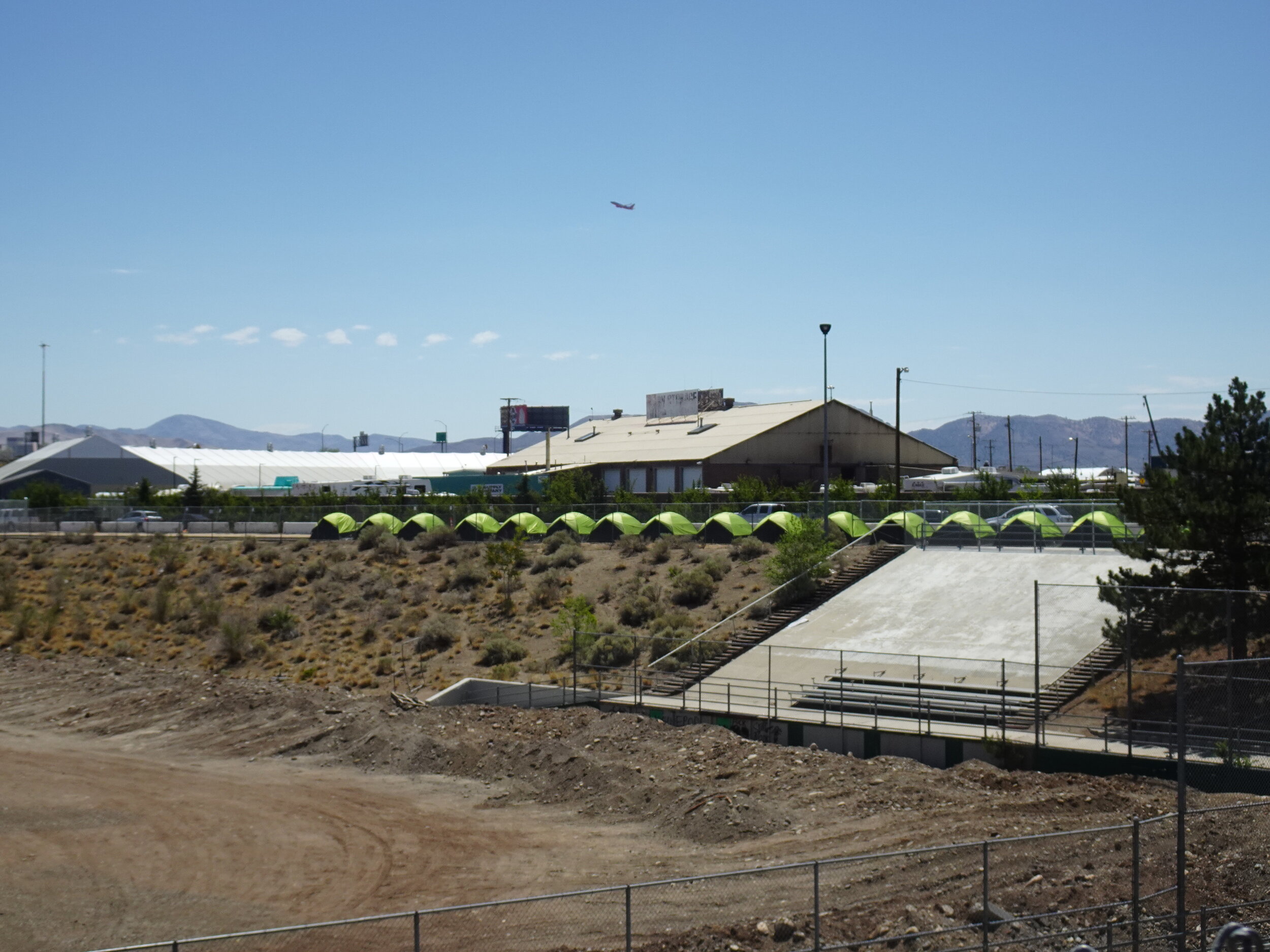


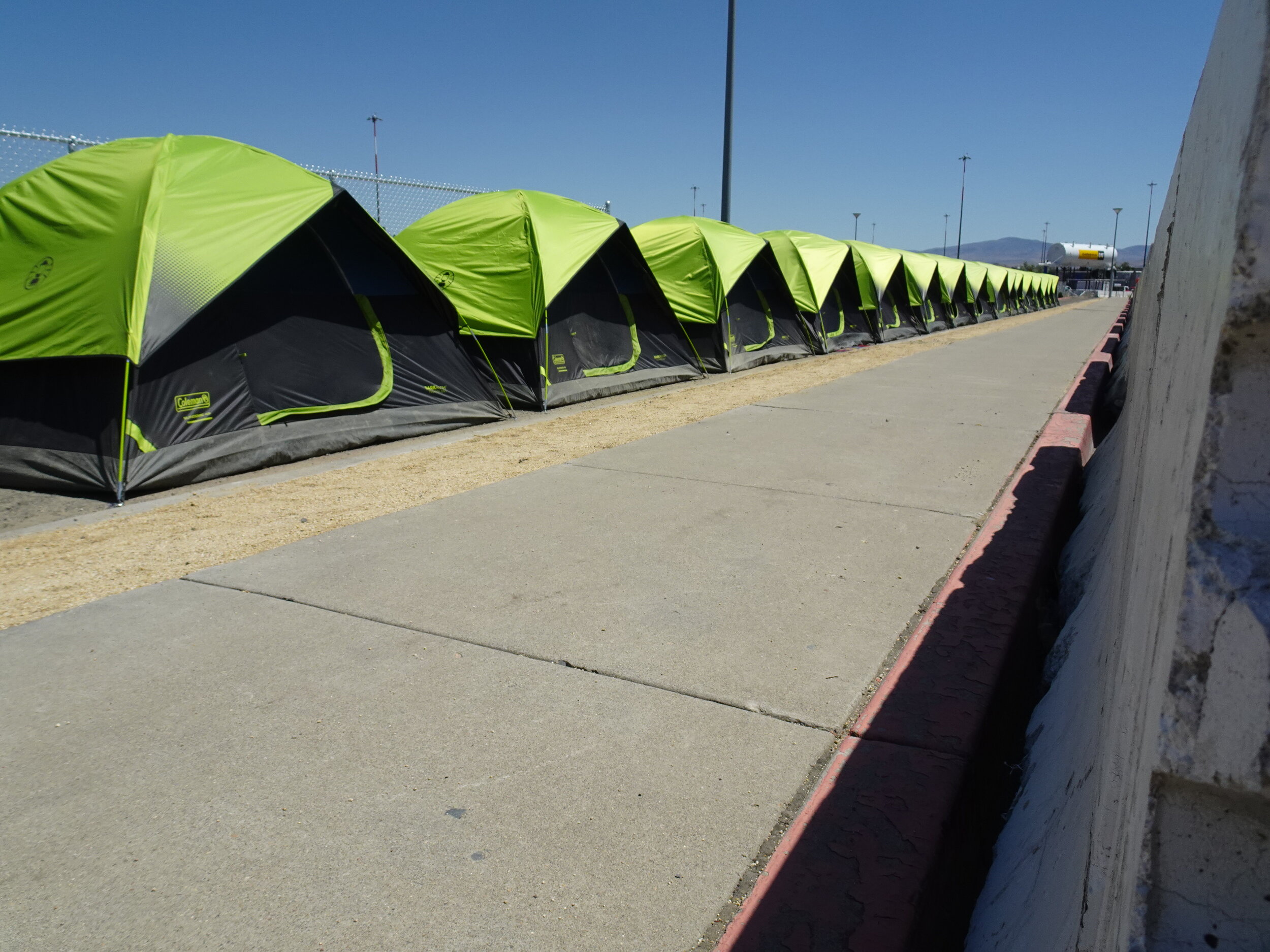
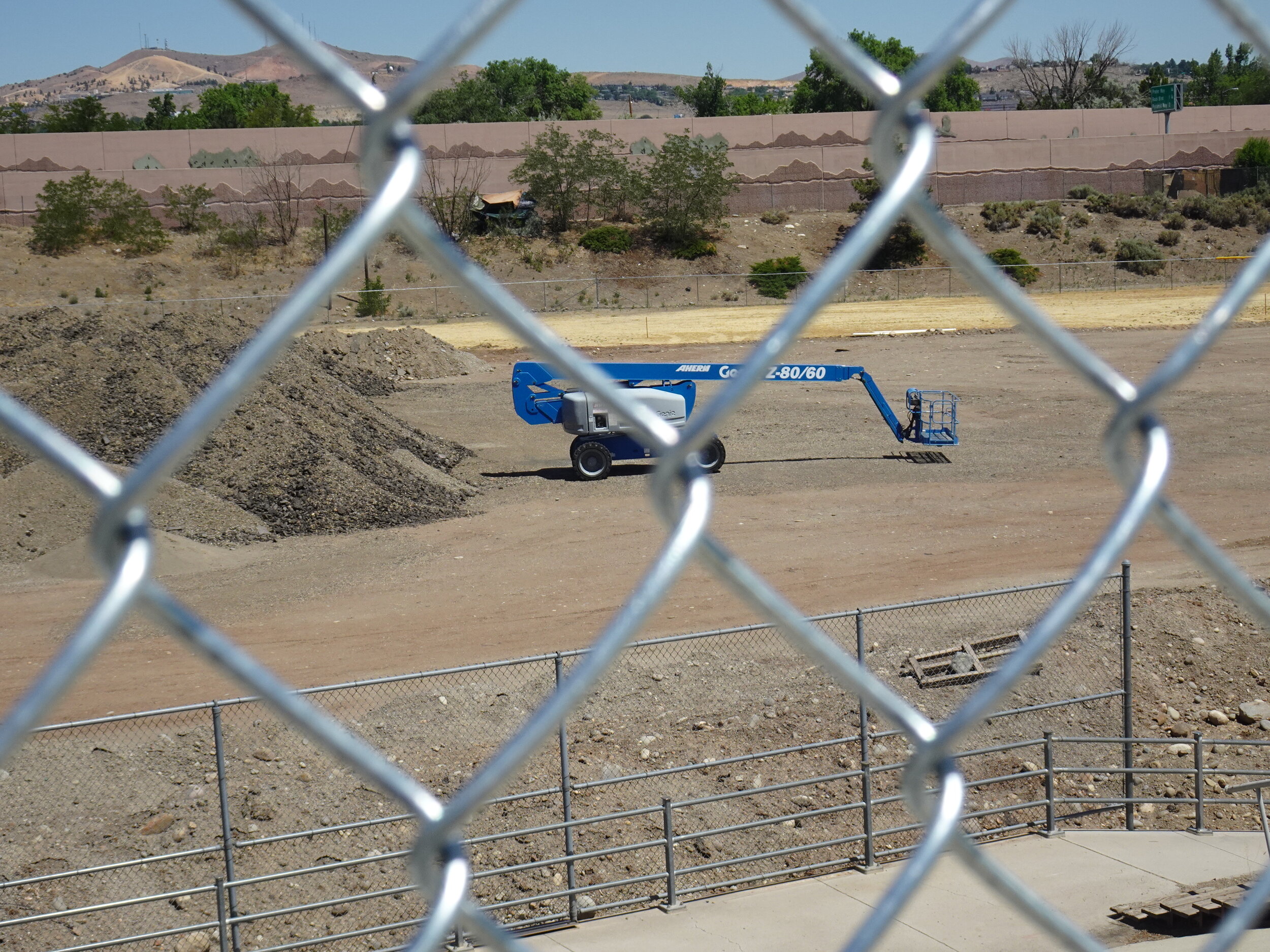





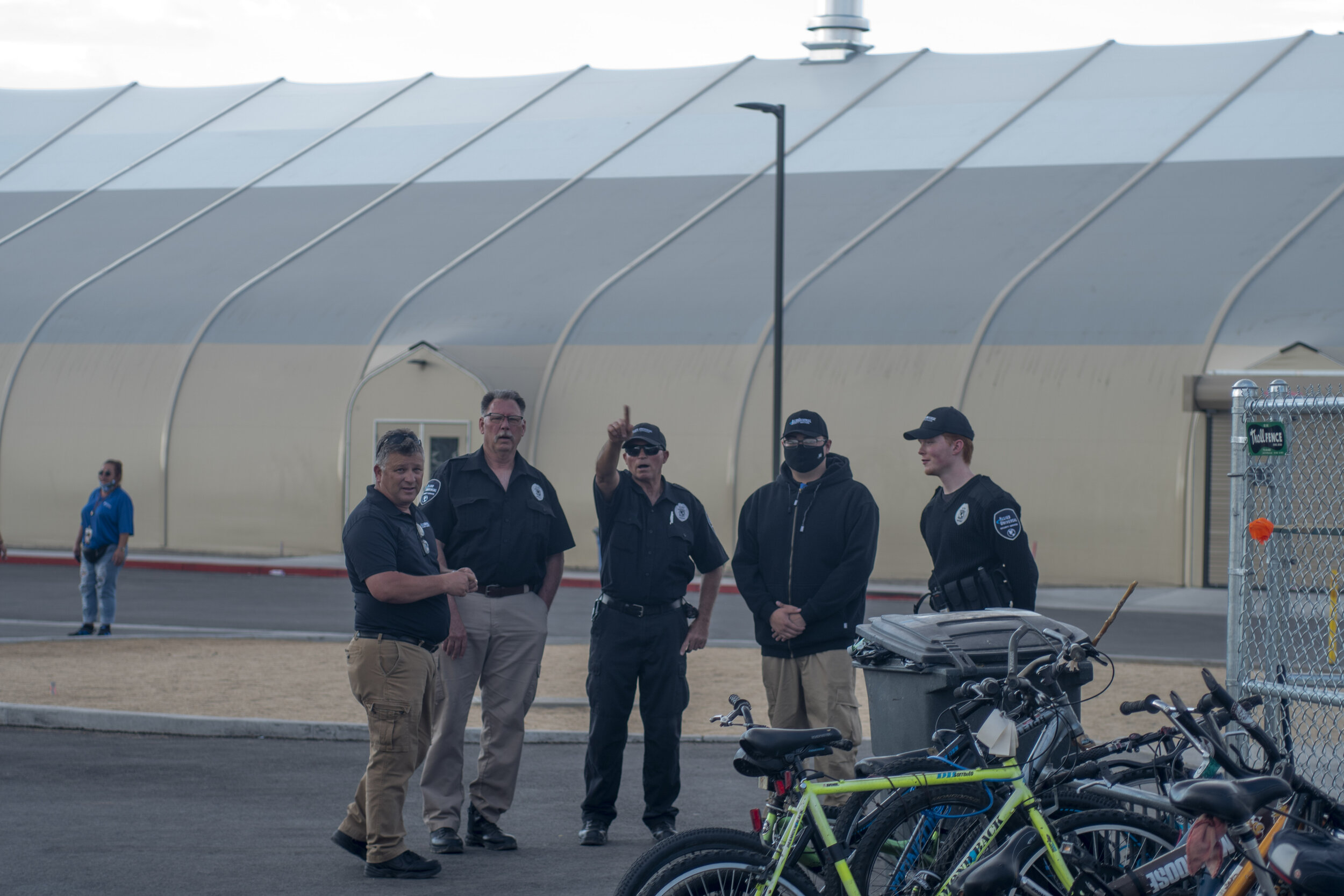

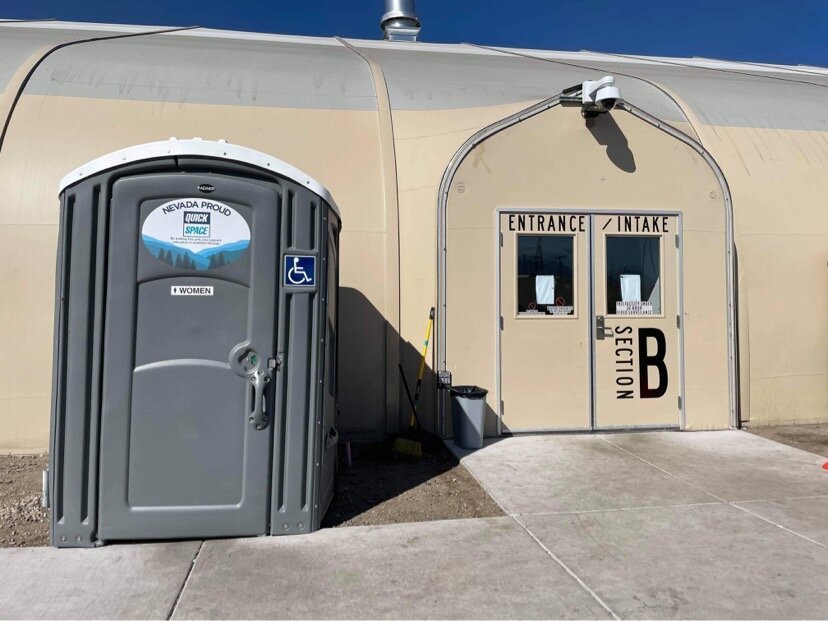
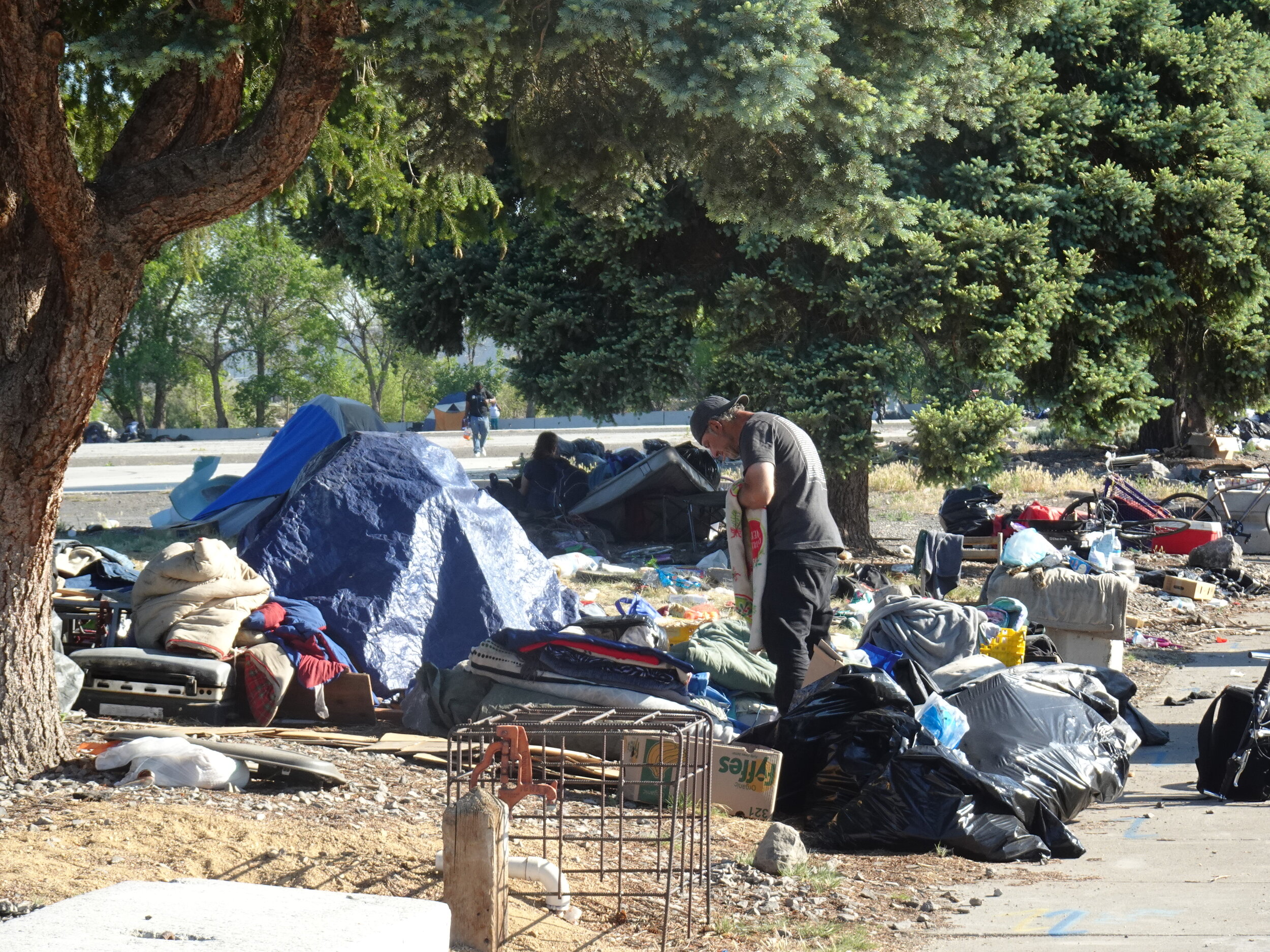
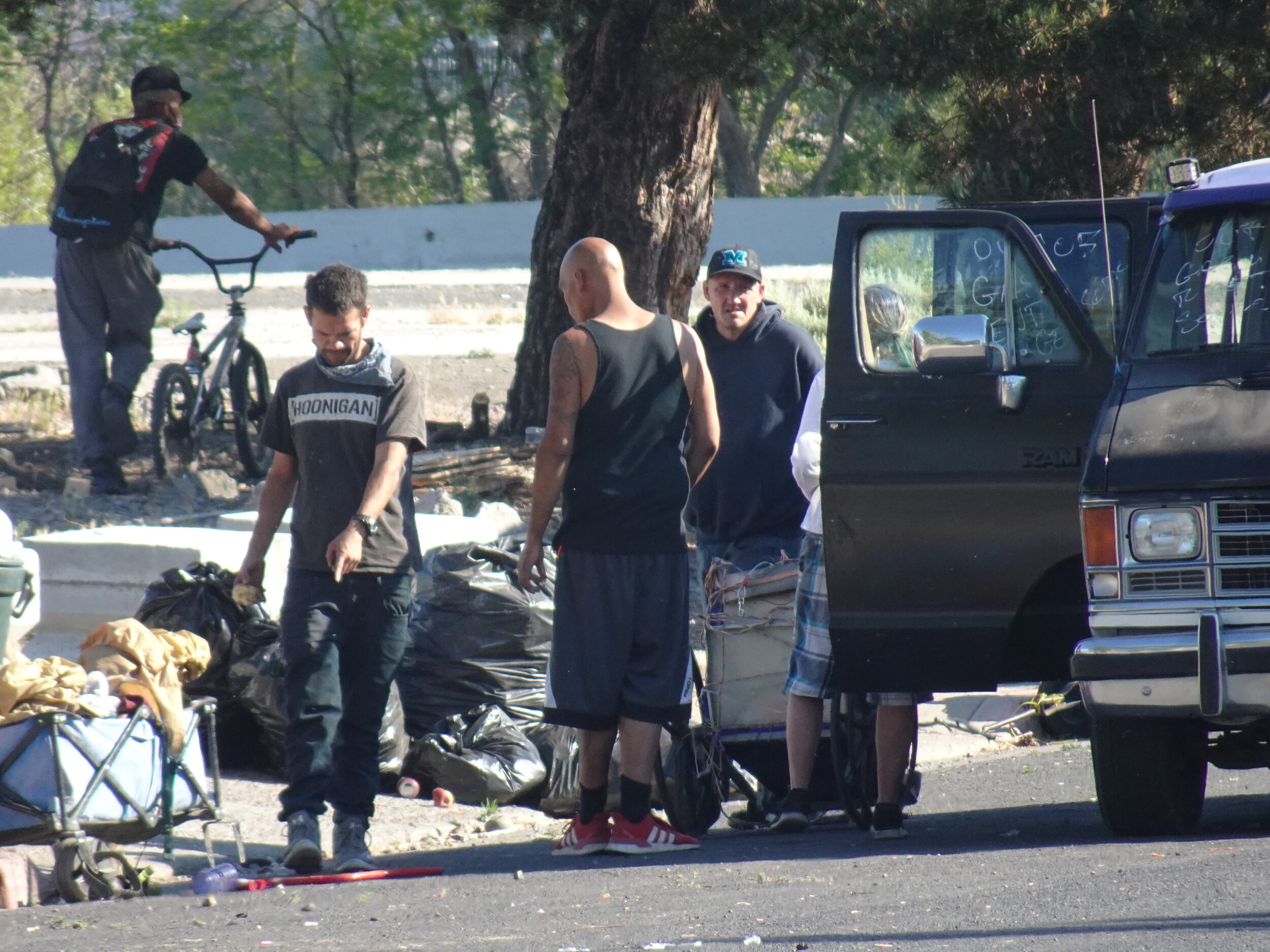
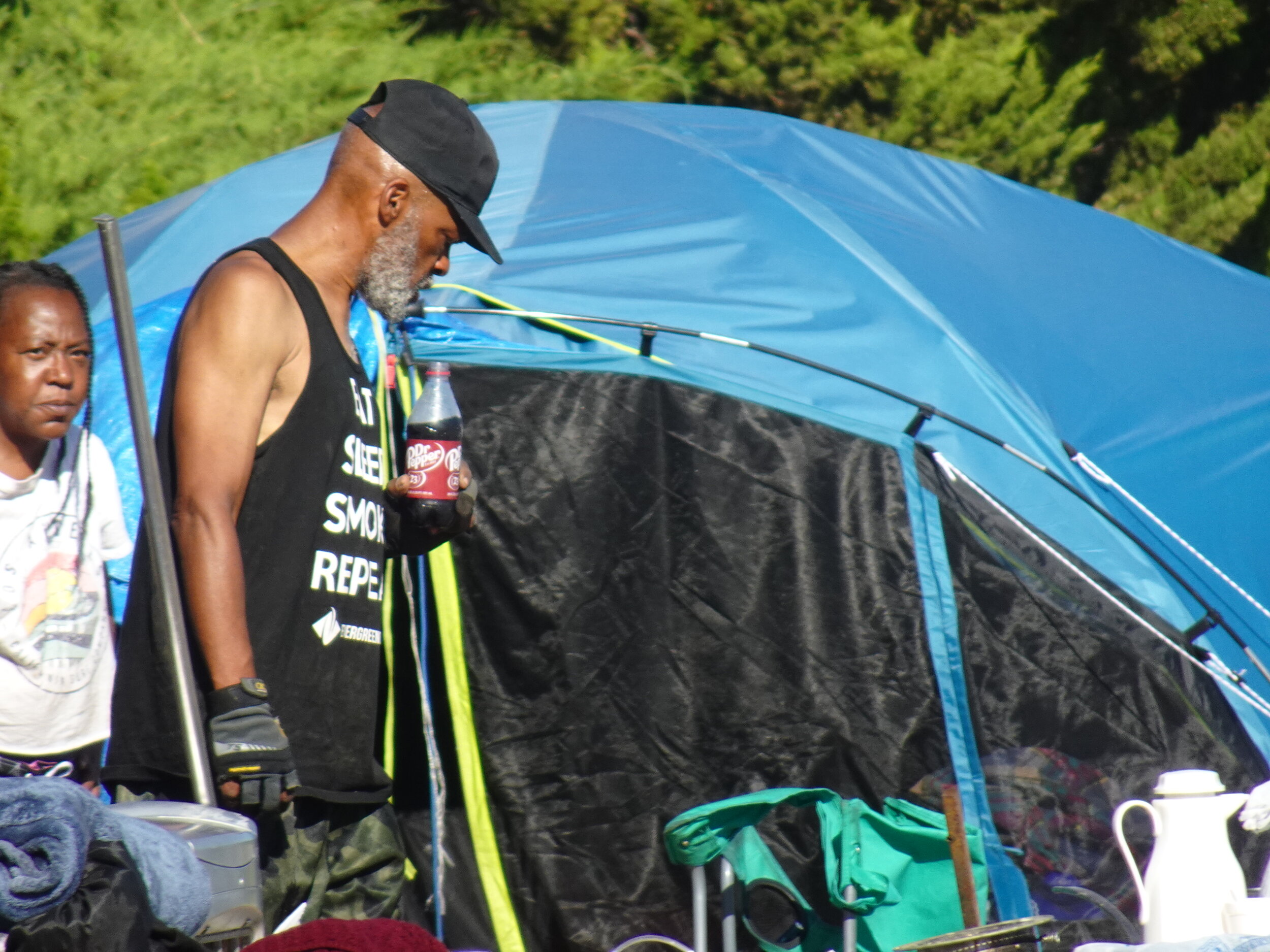
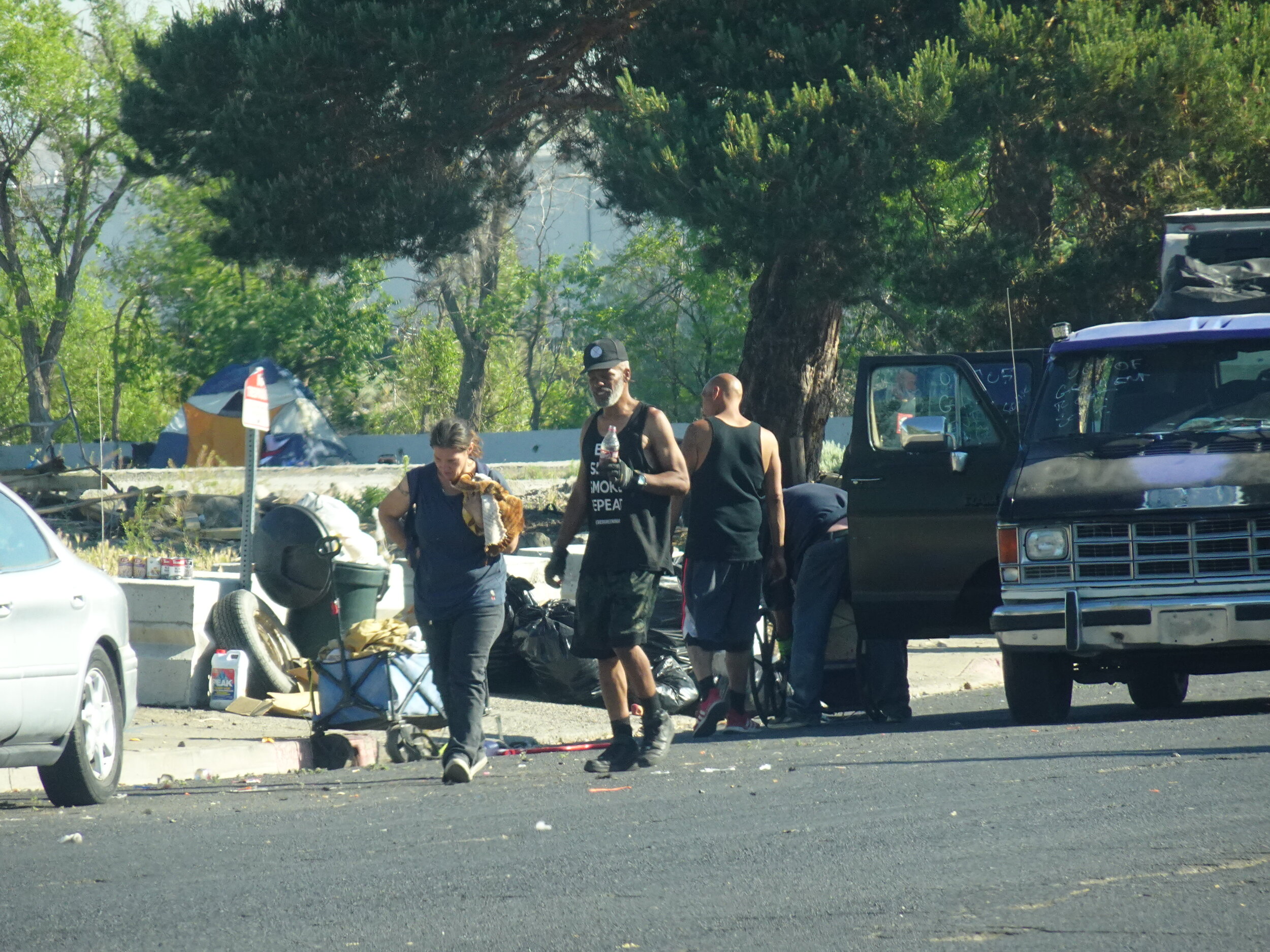
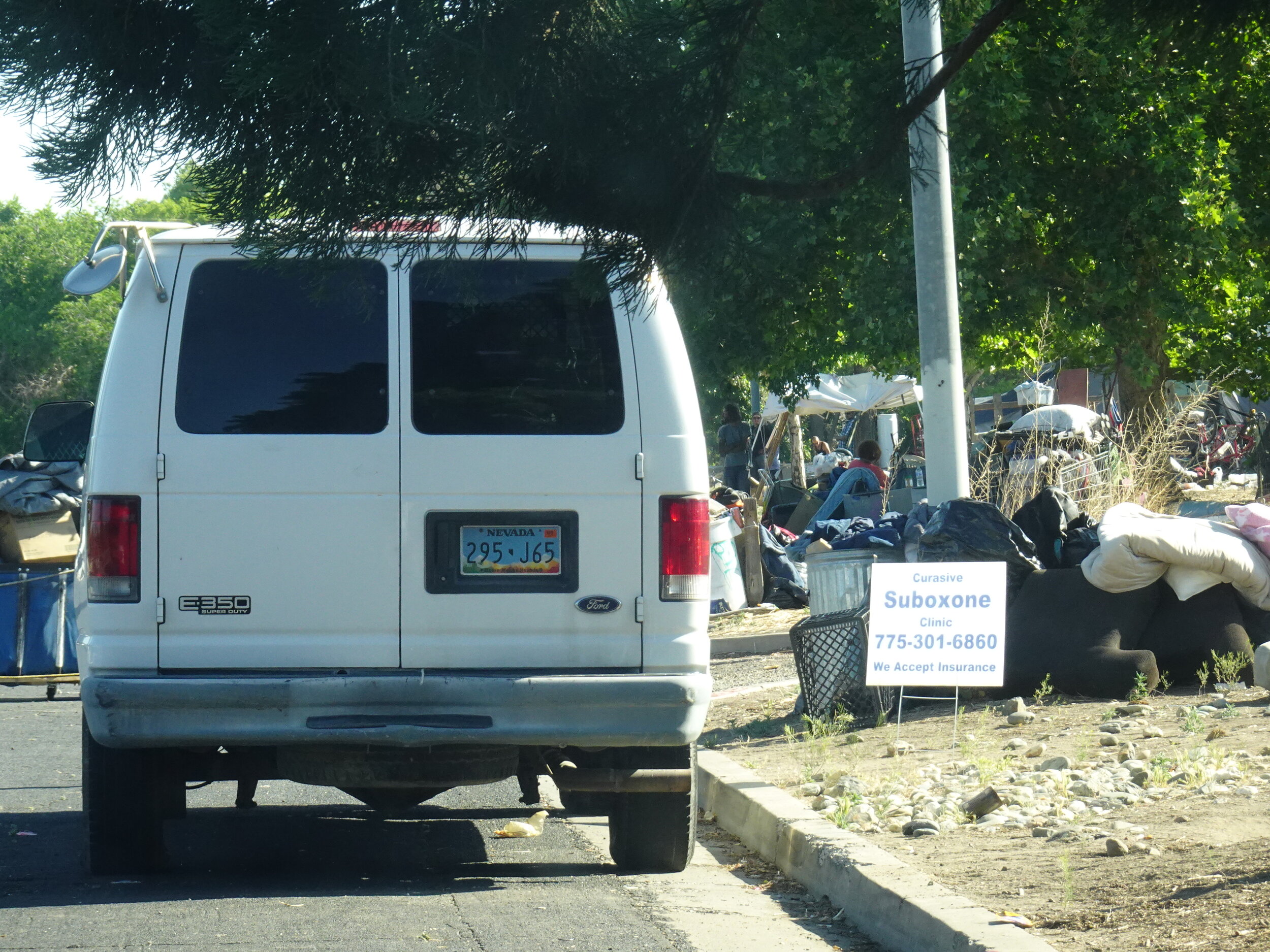














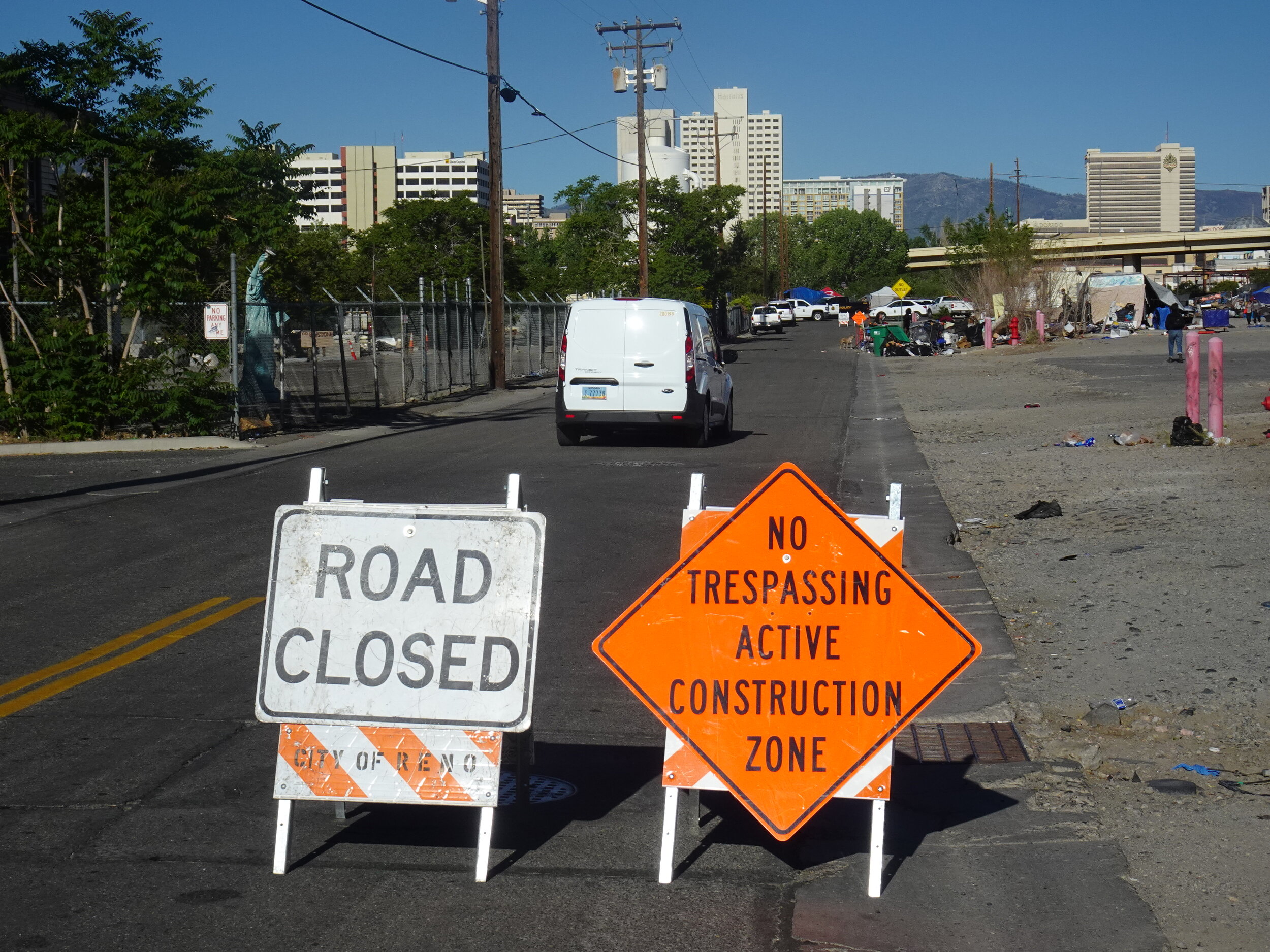
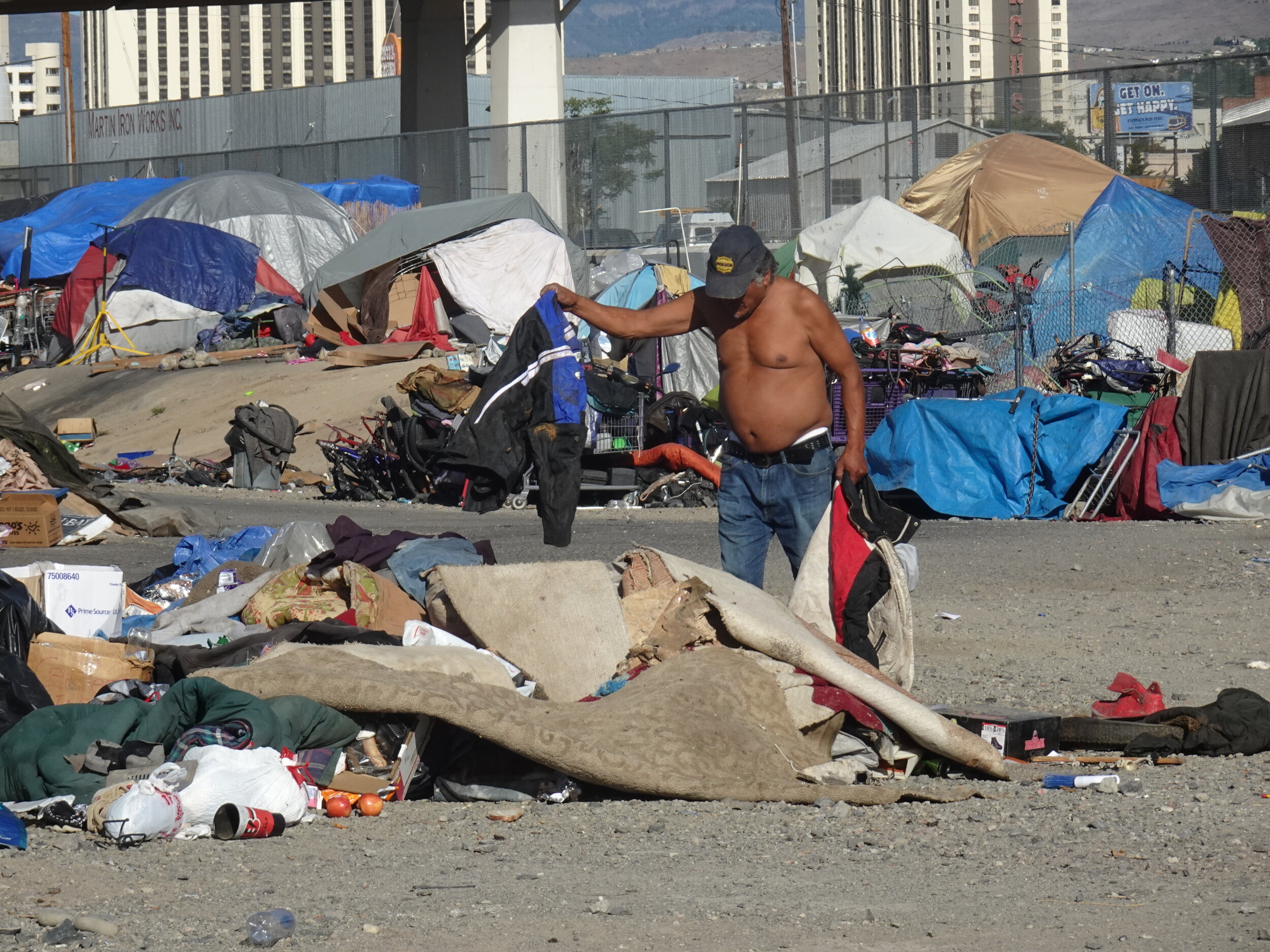
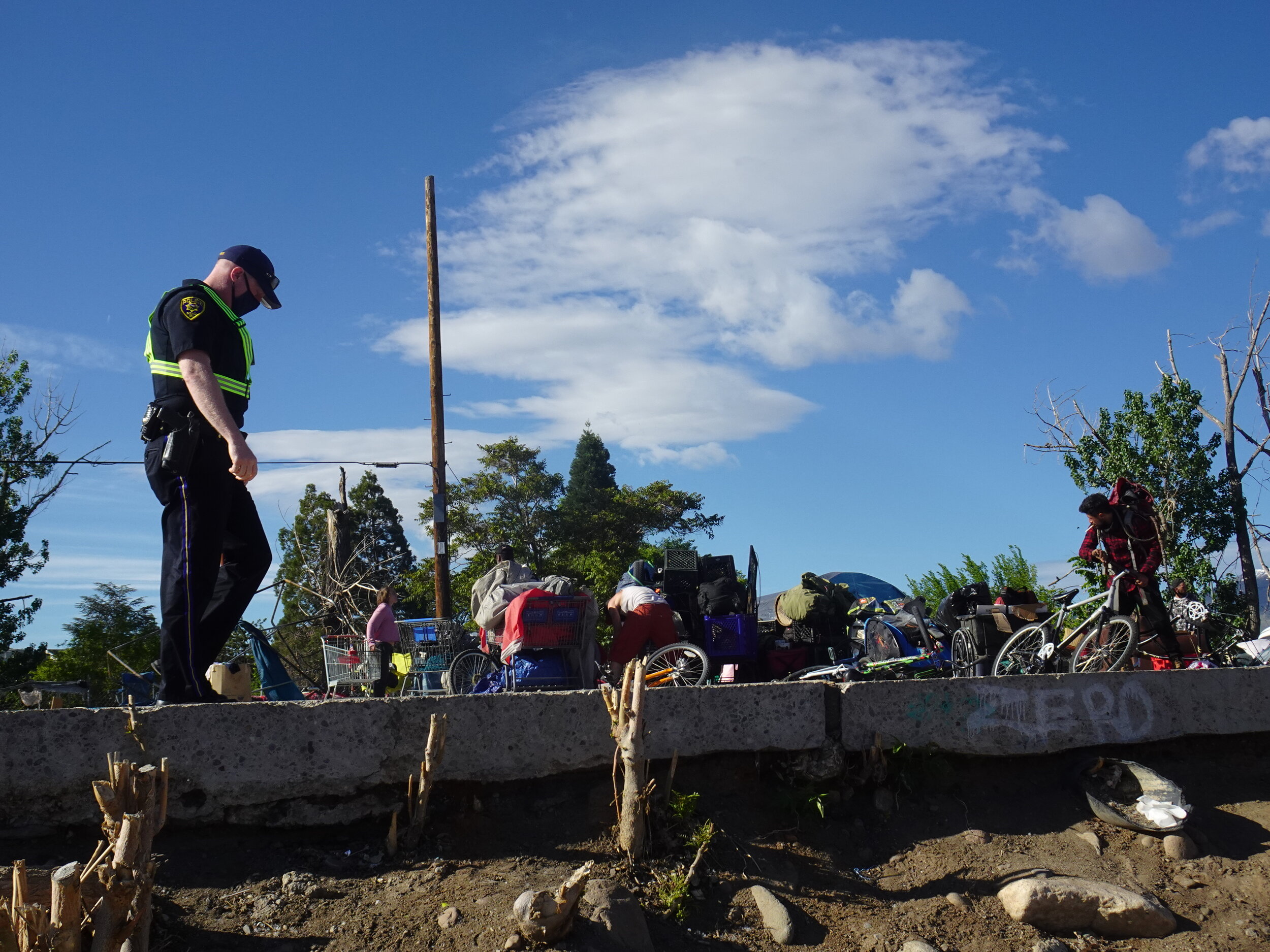
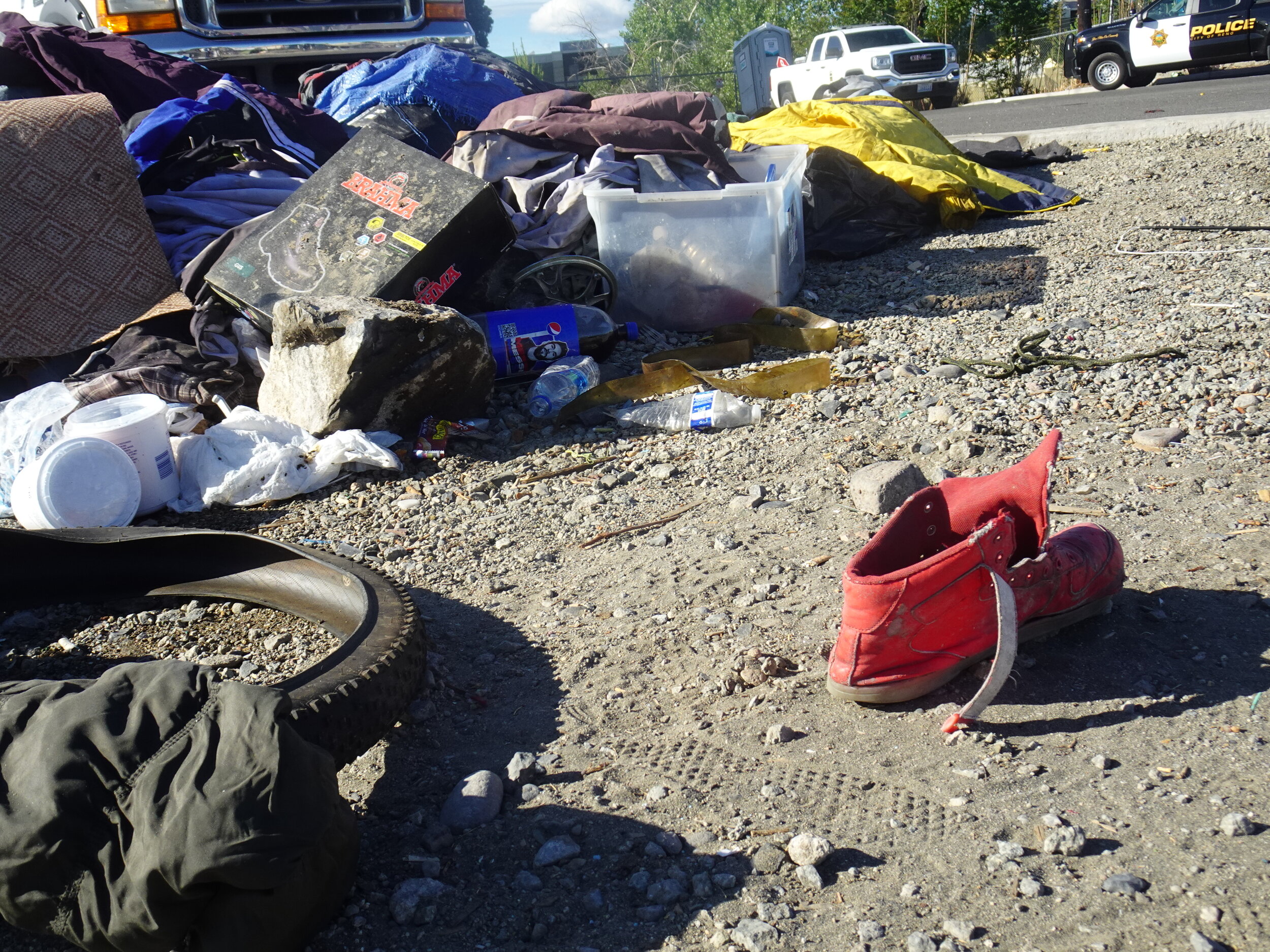
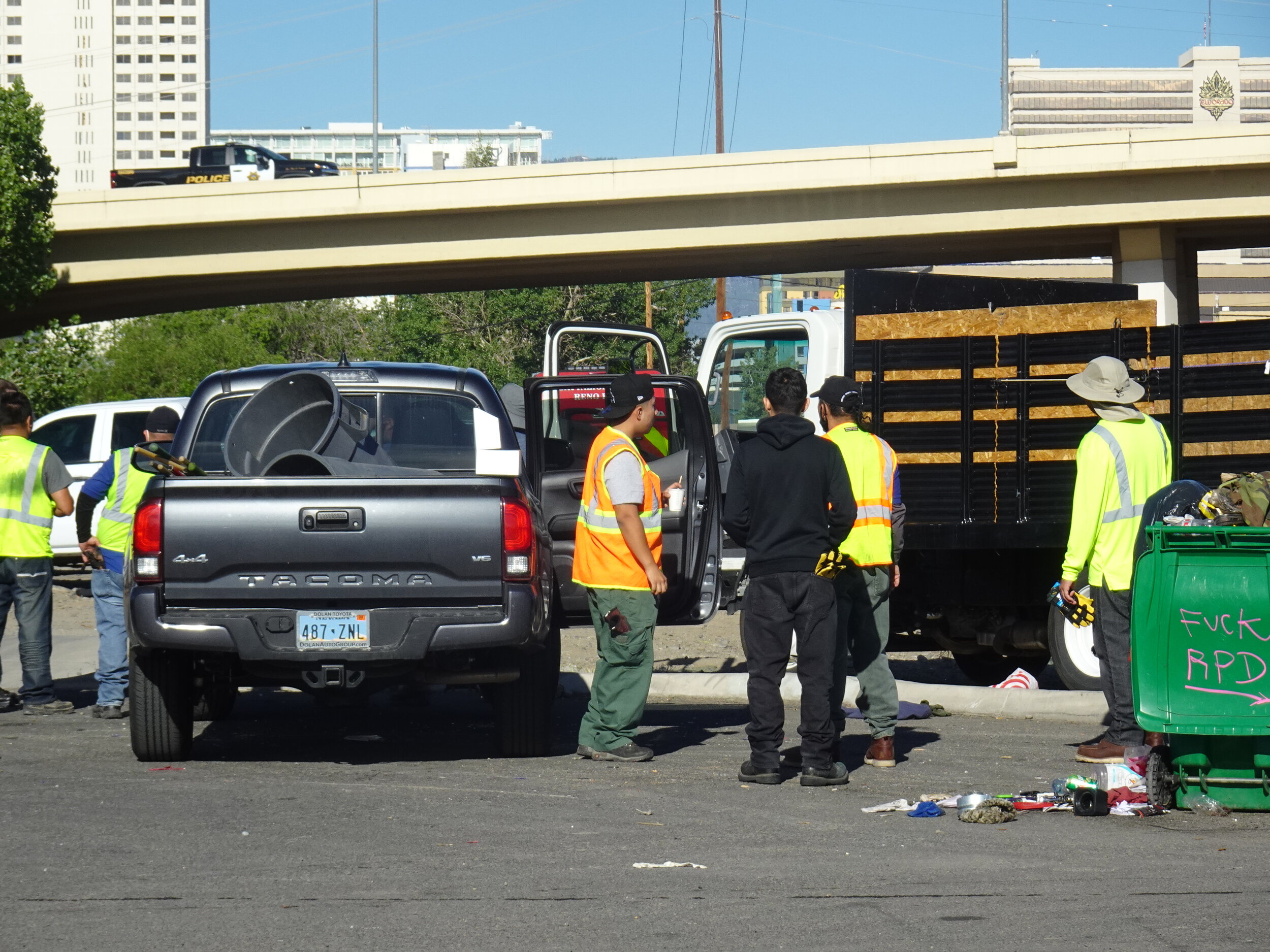
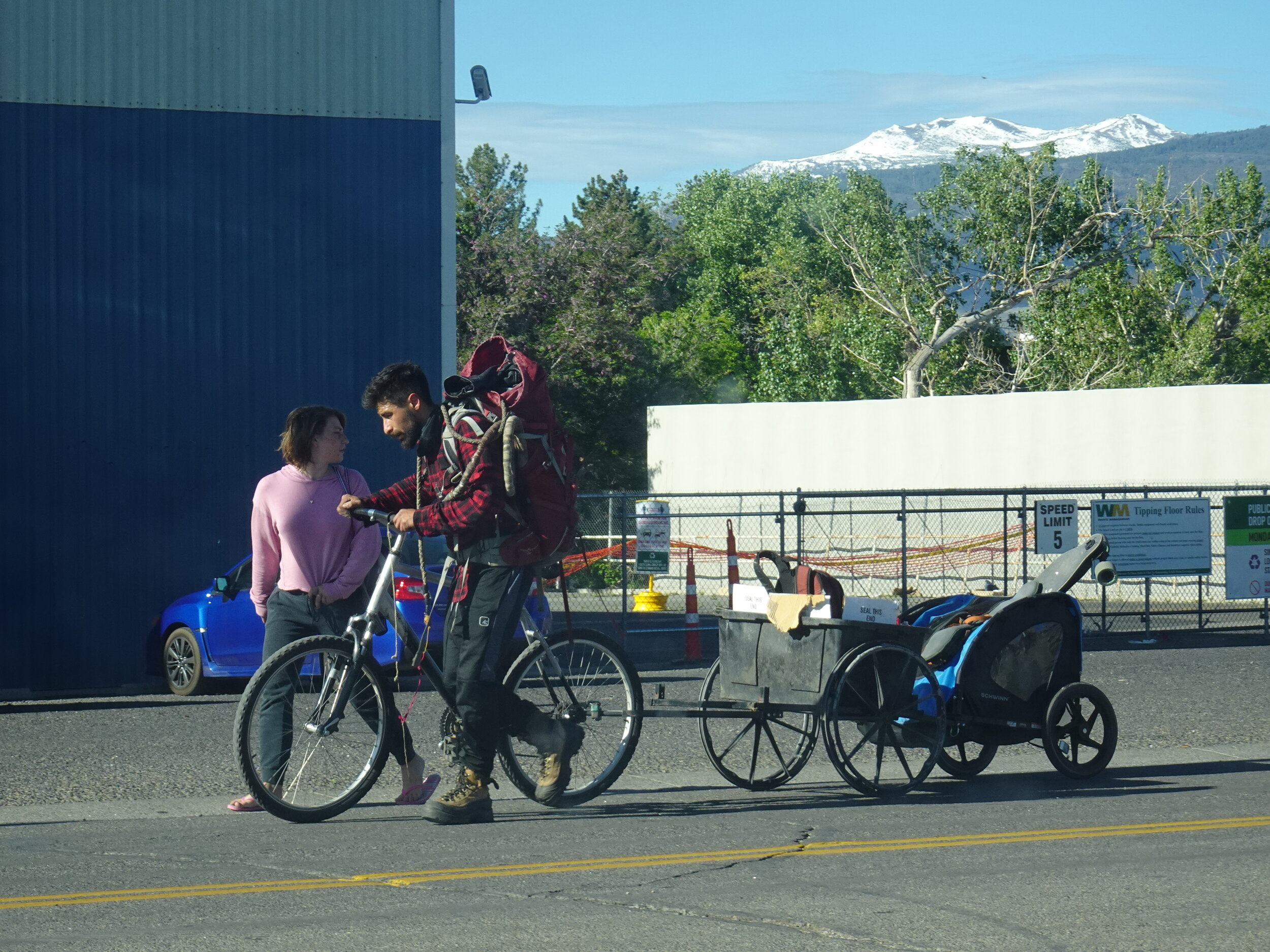
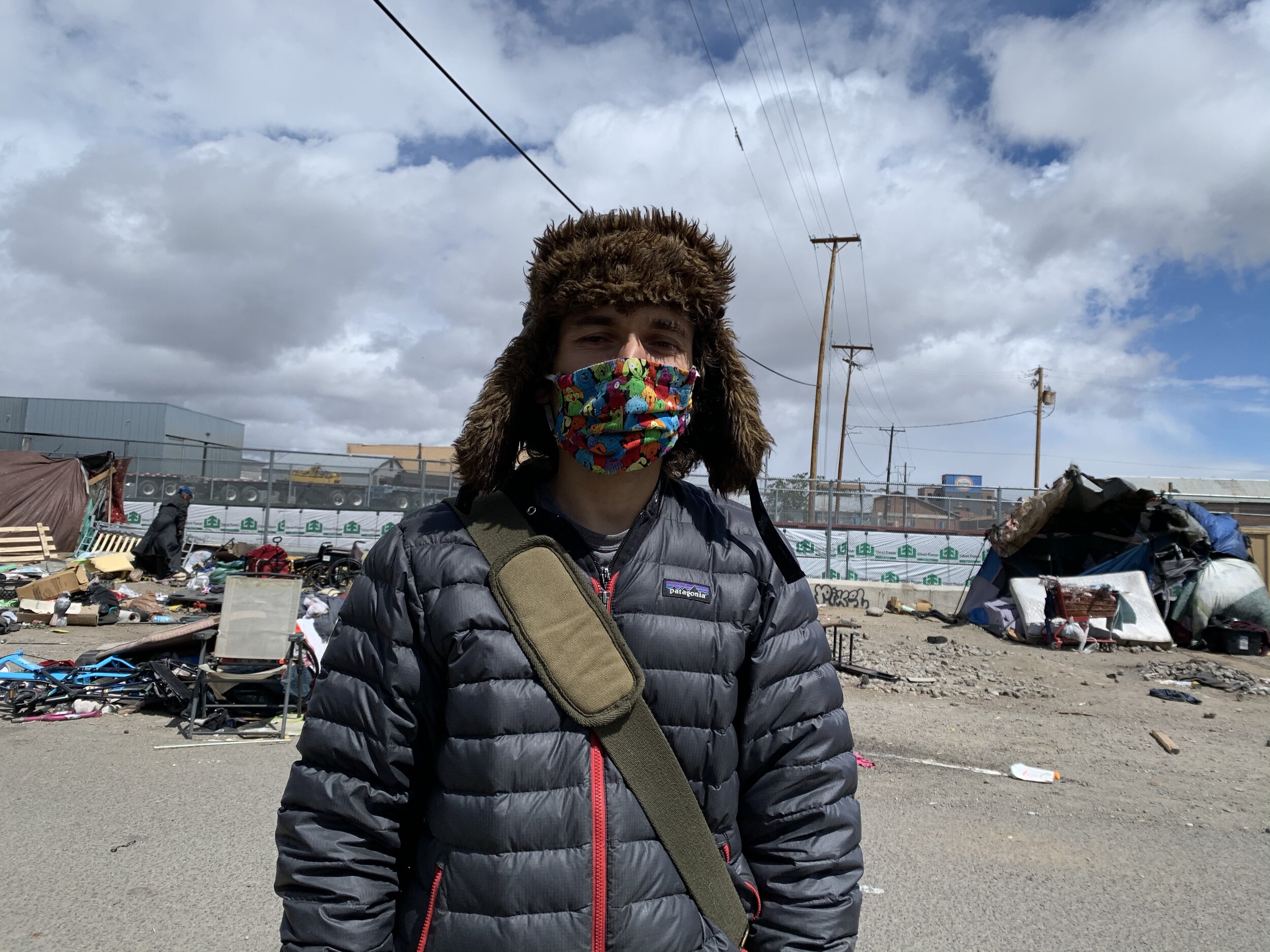


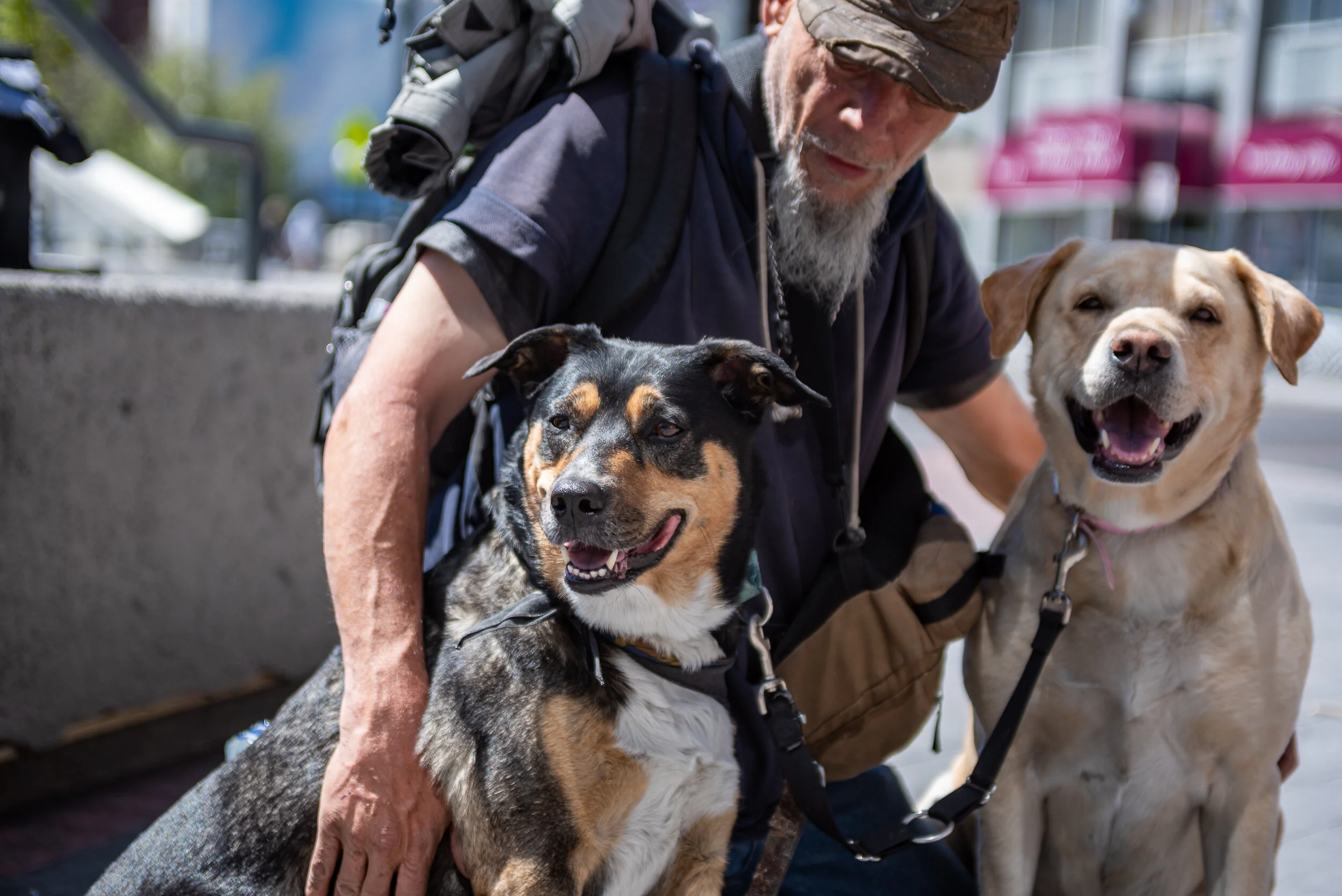

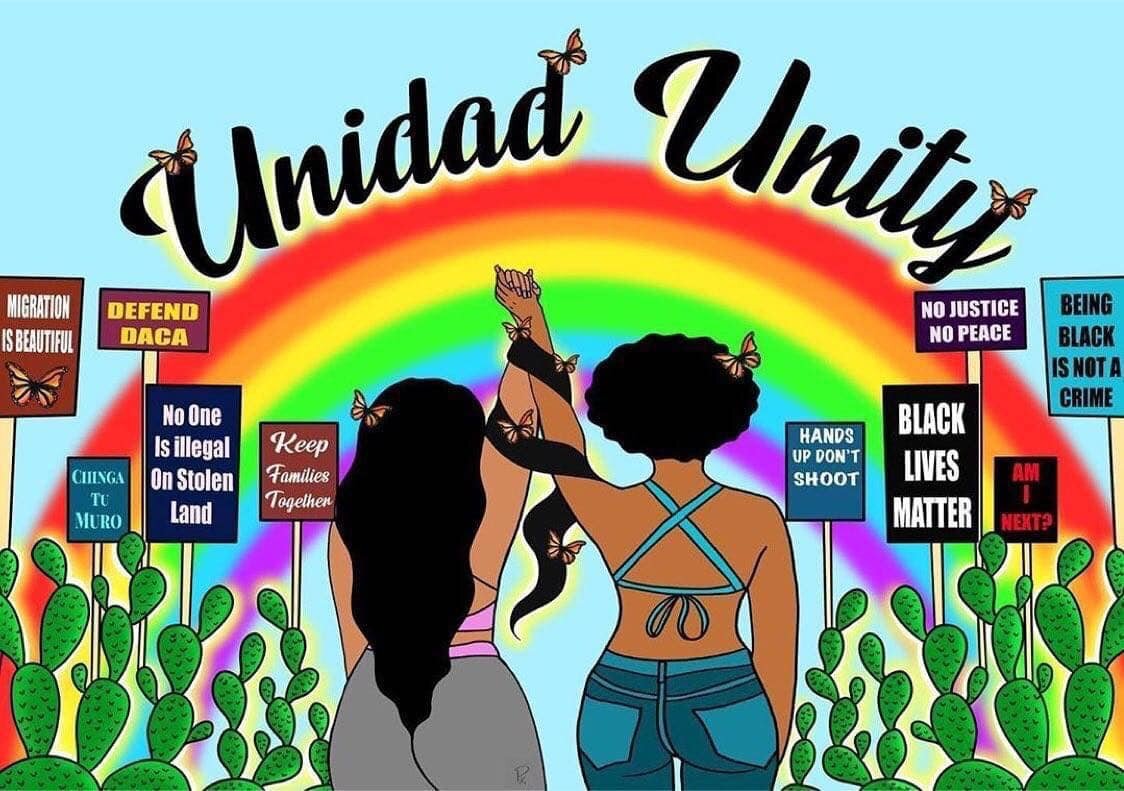
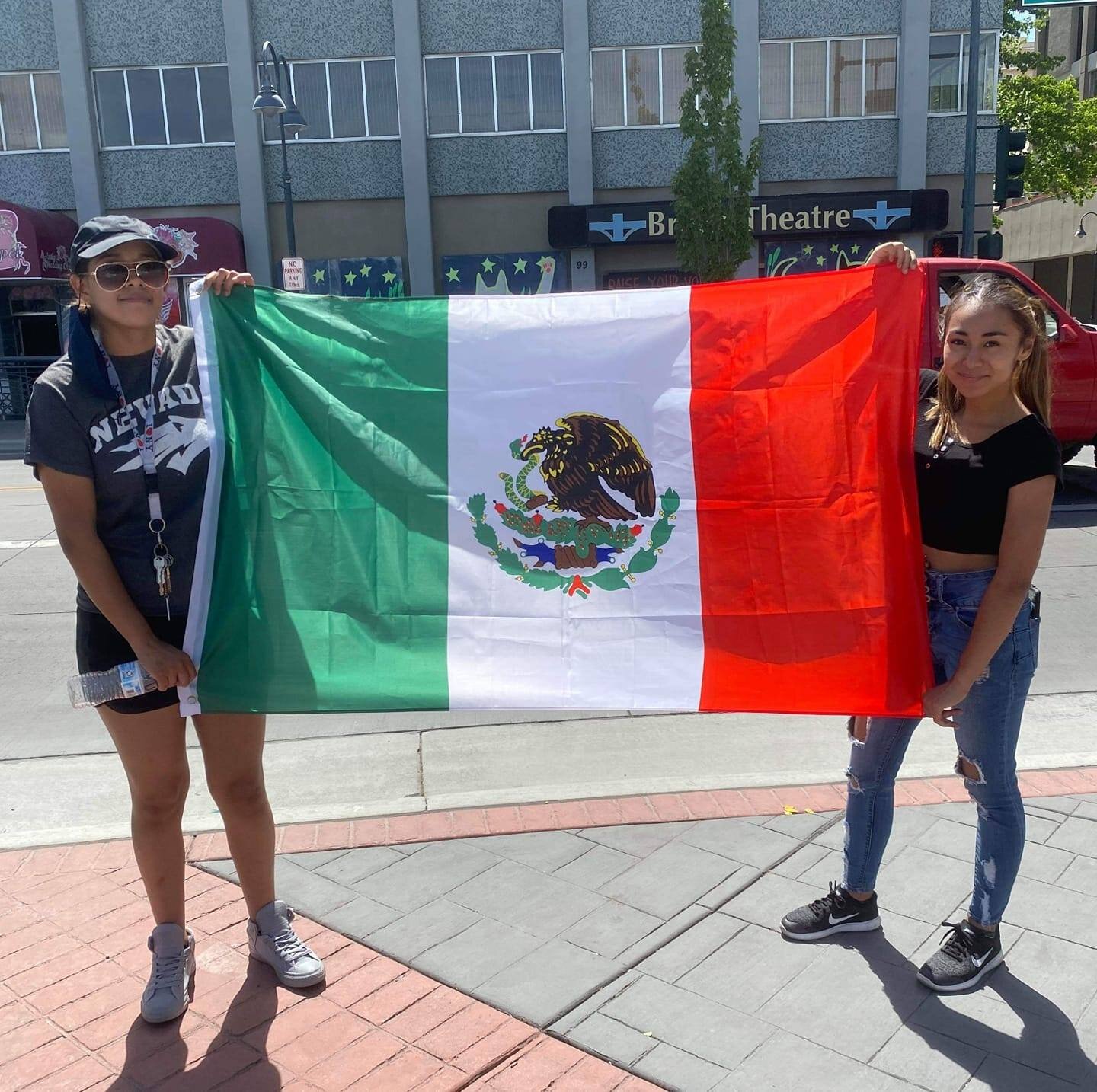
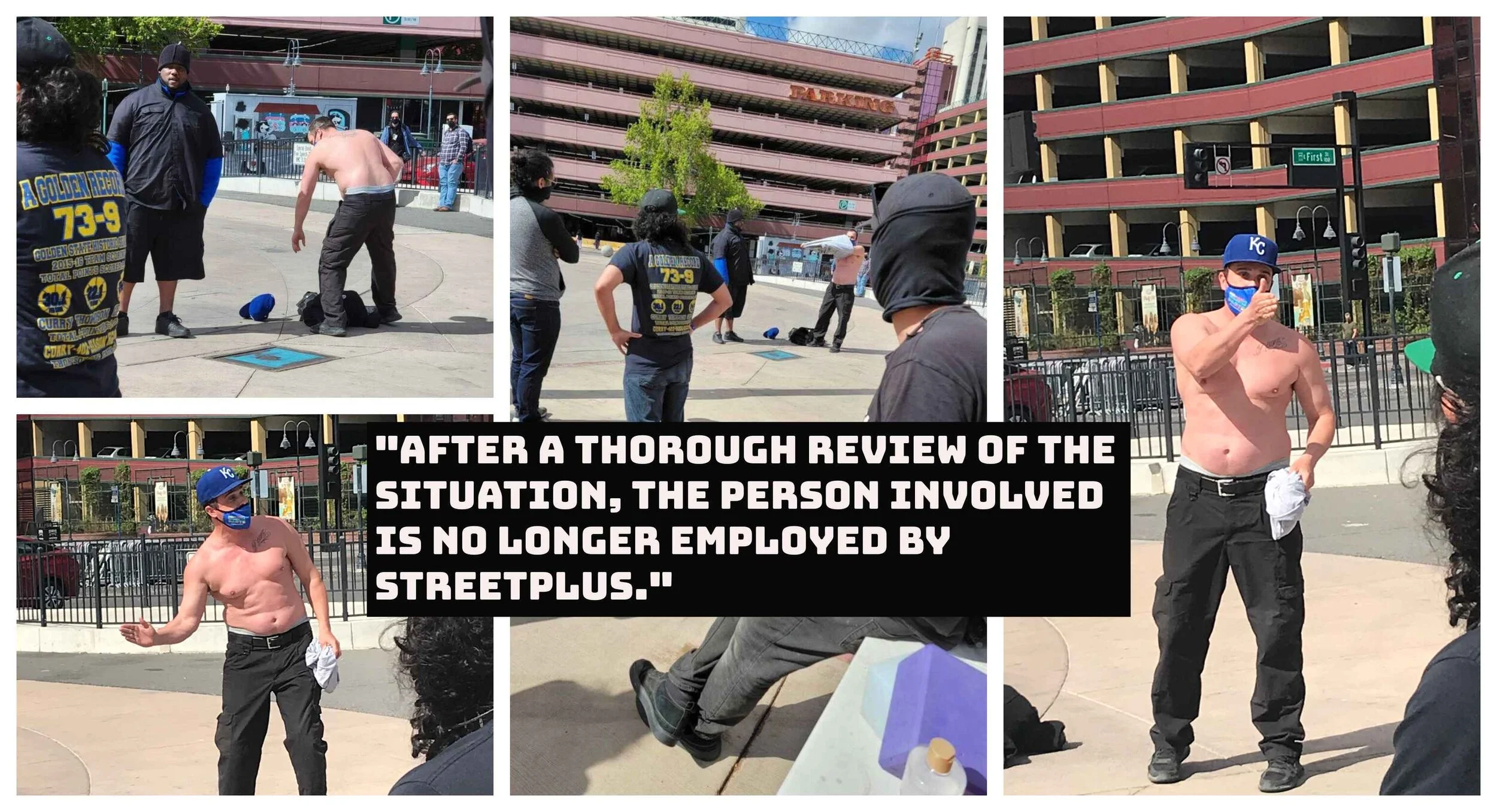





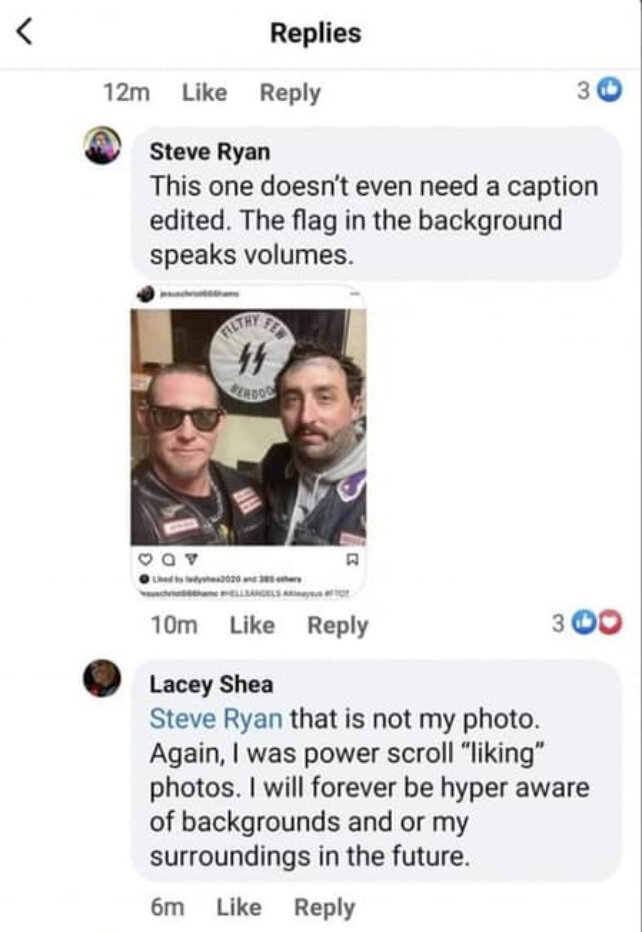









![“[Reno] is changing rapidly. And I saw that being here and everyone I talked to, they are being here for 10, 20, 30 years. They described the city today, nothing to do with the city that they knew when they moved here initially. And you know, all th…](https://images.squarespace-cdn.com/content/v1/5675d221cbced60a236e28b8/1618245728339-2LT1CXMA51MRNBDJD89U/20210312-March-Street-BednarskiR-8682.jpeg)




